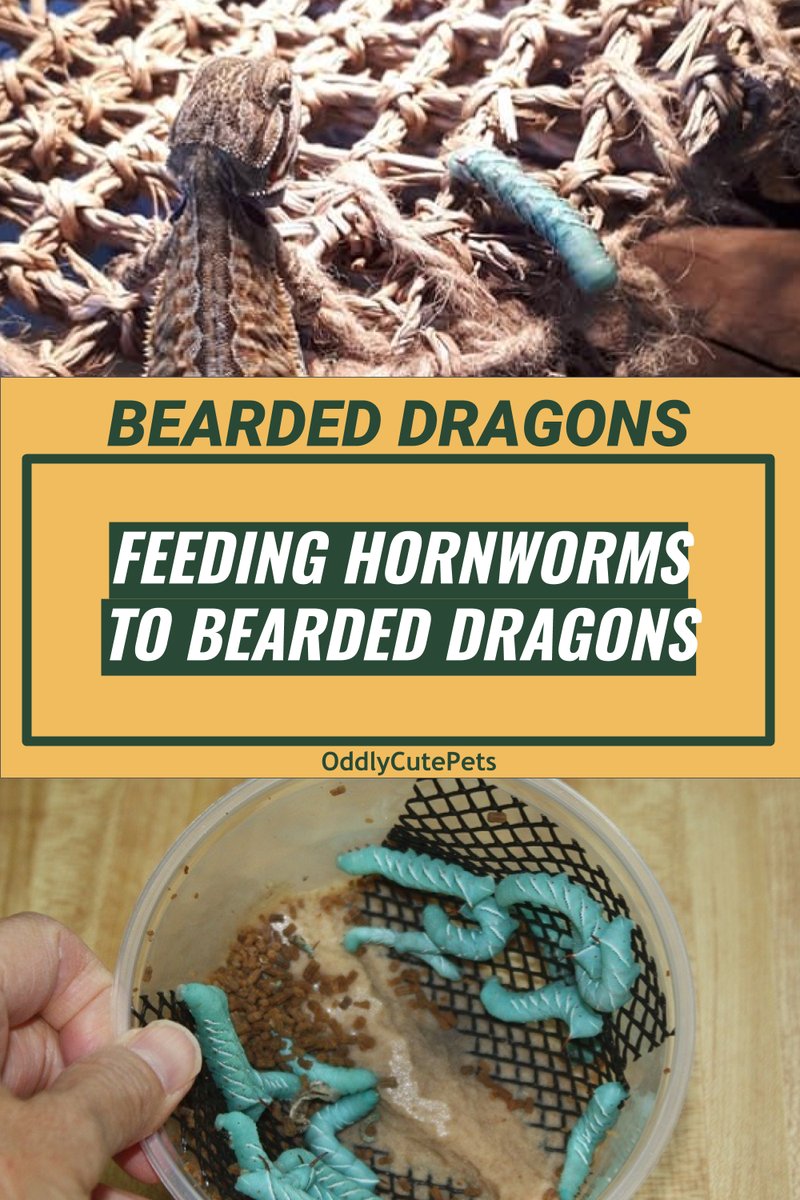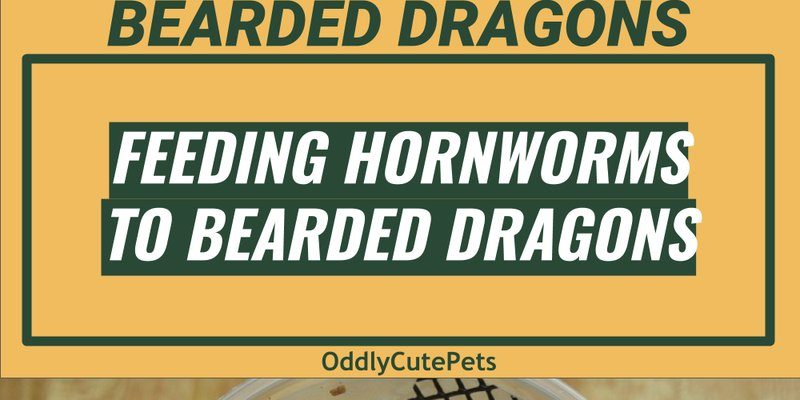
Hornworms, specifically the larvae of the tobacco hornworm moth, are a popular choice among reptile enthusiasts. Not only are they packed with nutrients, but they’re also easy to care for, making them appealing for both novice and experienced keepers. So, if you’ve been pondering whether hornworms can be a staple in your reptile’s diet, stick around, and I’ll break it down for you.
What Are Hornworms?
Hornworms are the larvae of the moth known as the Five-Spotted Hawkmoth. If you’ve ever seen one, you’ll know they’re quite the sight! These caterpillars can grow up to 4 inches long and are bright green with distinctive horn-like projections. This striking appearance isn’t just for show; they can camouflage well among leaves in their natural habitat, helping them avoid predators.
In captivity, these creatures are primarily fed a diet of high-quality soft leaves, often resulting in their impressive size and nutritional value. Hornworms are known for being moist and juicy, which can be a treat for reptiles that enjoy variety in texture. Honestly, they’re like the juicy fruit of the insect world—soft, squishy, and filled with goodness!
Are Hornworms Nutritious for Reptiles?
You might be wondering, “Are hornworms a good source of nutrition for my reptile?” The short answer is: yes! Hornworms are high in moisture, which is beneficial for hydration, especially for desert-dwelling reptiles. They are also rich in protein and have a good balance of fat, providing essential energy.
However, there are a couple of caveats. While hornworms are nutritious, they shouldn’t be the sole food source. Think of them as a special treat rather than a staple. They provide a burst of nutrients, but reptiles also need variety—think of it like having pizza for every meal: fun occasionally, but not ideal for your overall health!
Types of Reptiles That Can Eat Hornworms
Hornworms can be enjoyed by a range of reptiles, including:
- Bearded Dragons: These guys love hornworms! They are a great way to give your bearded dragon a moisture boost.
- Leopard Geckos: Although they thrive on a diet of insects, hornworms can add variety.
- Chameleons: They can enjoy hornworms, particularly due to their soft texture and nutritional value.
Remember that different reptiles have different dietary needs. While hornworms can be a fun addition, always check that they align with your pet’s specific requirements. Understanding each species’ dietary habits is key to keeping them healthy and happy.
How to Offer Hornworms to Your Reptile
So, you’re ready to introduce hornworms to your reptile’s diet. Here’s a simple guide on how to offer them:
1. **Choose Fresh Hornworms:** Always opt for live hornworms from a reputable source. Freshness matters—these should be lively and active.
2. **Assess Size Appropriately:** Ensure the size of the hornworm is appropriate for your reptile. A rule of thumb is to offer prey that’s about the size of the space between your reptile’s eyes.
3. **Provide a Balanced Diet:** Pair hornworms with other insects like crickets or dubia roaches and leafy greens to create a balanced meal.
4. **Monitor Intake:** Watch how your reptile reacts to the hornworms. If they seem to love them, that’s great! Just remember to mix their diet up.
These steps are crucial for ensuring your pet gets a varied diet while enjoying their meals.
How Often Can You Feed Hornworms?
Feeding schedules can vary based on your reptile’s age, size, and activity level. Generally, adult reptiles can be fed hornworms once a week as a treat. For younger reptiles, you might offer them more frequently, but moderation is key.
Here’s a quick breakdown to keep in mind:
- Juveniles: 2-3 hornworms every few days.
- Adults: 1-2 hornworms once a week.
You don’t want to overwhelm their system with too many soft, moist treats. Imagine giving a toddler too much candy—it’s fun at first, but it can lead to issues later!
Potential Downsides of Feeding Hornworms
While hornworms can be a healthy option, there are a few downsides you should consider. Here are some things to keep in mind:
1. **High Moisture Content:** While great for hydration, too many hornworms can lead to loose stools. A balance is essential.
2. **Not Nutritionally Complete:** Relying solely on hornworms can result in a lack of vital nutrients. Always ensure your reptile’s diet is well-rounded.
3. **Cost and Availability:** Hornworms can sometimes be pricier than other feeder insects, and their availability may vary based on your location.
It’s crucial to weigh these factors before making hornworms a regular part of your reptile’s menu. You definitely want to keep their health in check while providing tasty variety!
Comparison with Other Common Feeder Insects
Comparing hornworms to other feeder insects can help you make an informed choice. Here’s a quick overview:
| Insect | Protein Content | Fat Content | Moisture |
| Hornworms | High | Moderate | Very High |
| Crickets | Moderate | Low | Low |
| Mealworms | Low | High | Very Low |
From this chart, you can see that hornworms provide a unique offering with their high moisture content, which can be beneficial. However, they lack some protein compared to crickets, which are a staple for many reptiles.
In conclusion, hornworms can definitely be a valuable part of your reptile’s diet when used wisely. They’re nutritious, easy to manage, and can make mealtime exciting for your pet. Just remember to offer them in moderation and alongside a variety of other foods.
So, if you’re looking for a gentle addition to your reptile’s meal plan, give hornworms a try! Your little companion might just love this squishy treat, and you’ll feel good knowing you’re providing them with something nutritious.

